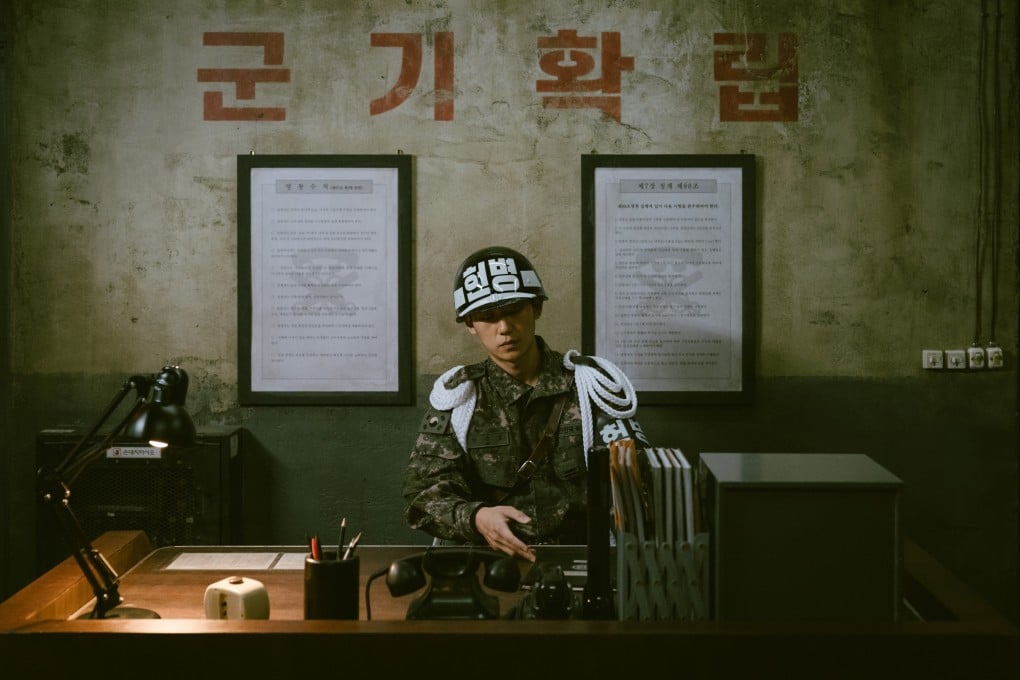Advertisement
Review | K-drama review: D.P. – Netflix’s explosive military drama gets to the heart of Korean masculinity
- Korean drama on Netflix examines the toxic masculinity and bullying that Korean men doing their mandatory military service experience
- Jung Hae-in stars as a pizza delivery boy who is assigned to a deserter pursuit unit, and who thus escapes the bullying in his barracks
Reading Time:3 minutes
Why you can trust SCMP
2

4.5/5 stars
Sometimes confronting our demons is the only way to move forward.
South Korea has had a complicated modern history that belies the current position it enjoys as a global cultural powerhouse. While sun-dappled K-pop videos and tales of wistful romance are undoubtedly central to its cultural appeal, equally important have been the narratives in which storytellers grapple with their country’s painful history.
Advertisement
Films such as the drama A Taxi Driver, set amid the Gwangju Massacre of protesters against military rule in 1980, and the political protest drama 1987: When the Day Comes invited a formative generation to come to terms with their collective trauma. But the latest sensation to grip the country, D.P., hits home with a story that spans the past and present, as it acknowledges that yesterday’s problems can still be today’s.
Netflix’s latest Korean original production is a youth-centric tale set in an army barracks and starring Jung Hae-in (Something in the Rain) and Koo Kyo-hwan (Peninsula). The series was adapted from a hit webtoon of the same name by its original writer, Kim Bo-tong, and series director Han Jun-hee, who previously made the female-centred gang saga Coin Locker Girl and the action thriller Hit-and-Run Squad.
Advertisement
Advertisement
Select Voice
Choose your listening speed
Get through articles 2x faster
1.25x
250 WPM
Slow
Average
Fast
1.25x